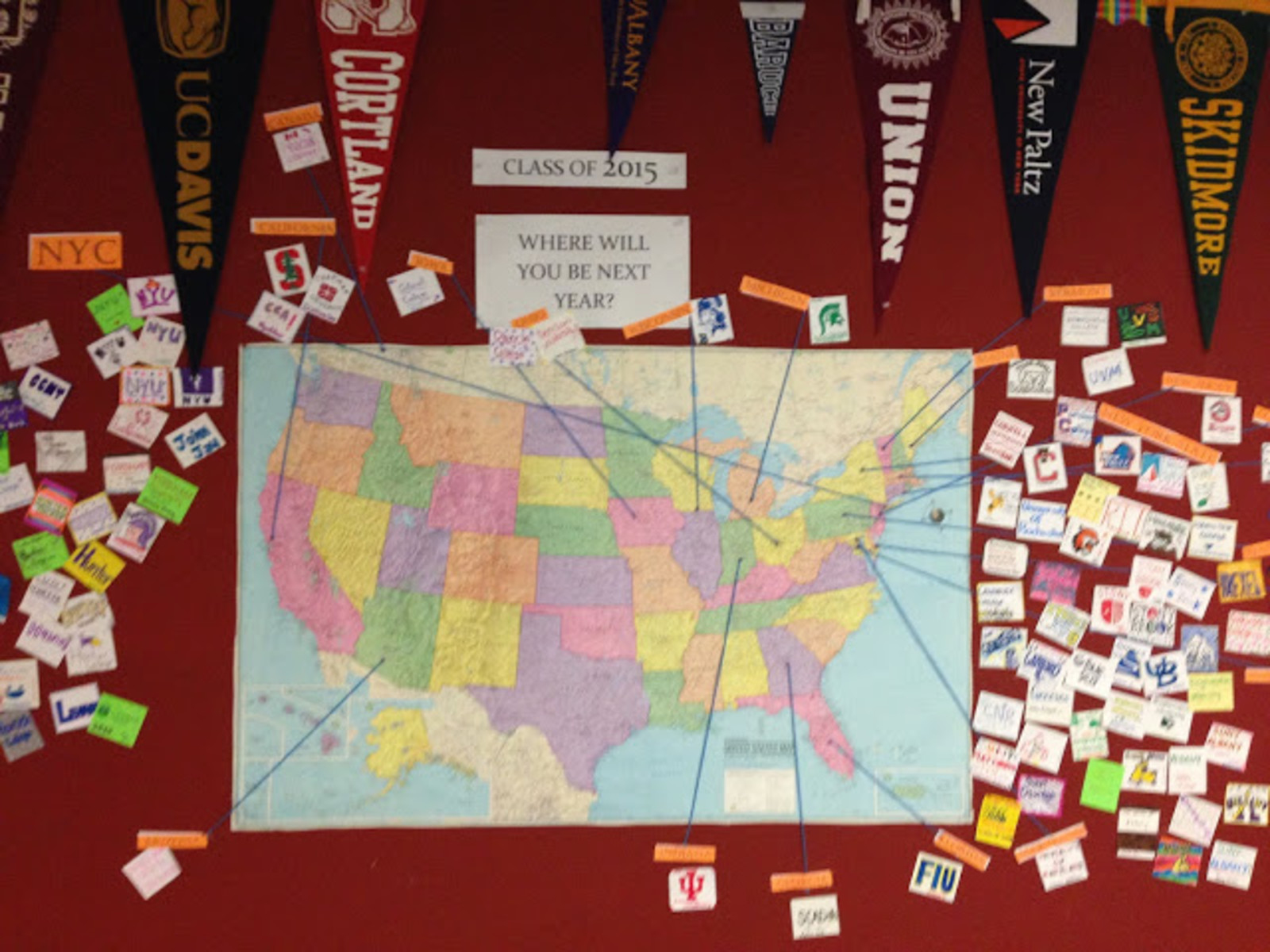College counselor: High school choice and college options

Two inquiries came in this week from parents wanting to know how the type of high school their children attend will affect their college admissions. The scenarios are different but the answer is pretty much the same, so I'm answering them together.
1. How important is the choice of high school on college options? We have been happy that our children are doing well in middle school and even happier that they are enjoying it so much. This school will transition into a grade 6–12 next year. But we have heard that, coming out of a new school without an established reputation, they will be seen as less appealing to colleges. Many, if not most, parents around us are in a frenzy preparing for the specialized high schools exam, saying that one of these schools is the only pathway to the best college opportunity.
2. My daughter is a happy freshman at one of the specialized high schools. Her grades are in the low 90s in the humanities and in the 80s in math/science. But at her high school, 92 is like the edge of a cliff: 92 and up means you get to do electives, APs, and have a range of college options. Below 92, you do not. It really seems that binary. Ironically, it seems that her chances at a future with choices would be higher elsewhere. Should we seek to transfer out?
A: Both families use the word "happy," in their questions and the happiness issue is primary—not something to be glossed over. Many people will disagree with me, but I feel that the purpose of high school is not to get into a specific college or university. It is to learn social skills, to learn to think critically, to develop intellectually and to prepare for further challenges. Getting into a certain high school does not guarantee peace of mind, or making lifelong friends, or getting into a specific college four years later.
So, first thing: Are your children truly happy at their schools? This does not mean achieving certain grades. Do they have a caring and accepting peer group? Are they engaged in extra-curricular activities that they enjoy? Have you met their teachers, and do you have positive feelings about them? Adolescence and the teenage years are not always easy. If things are going well, why rock the boat?
As for college options, students are always assessed in terms of the school environment from which they are applying. Admissions readers ask the same questions about an applicant from a specialized high school as they do for an applicant from a school they never heard of:
• Can this student do the academic work that is required at our institution?
• What will this student bring to our institution?
Having a high GPA and standardized test scores doesn't get a student "in" anywhere—this just gets the application into the next pile of applications that will require further examination. An applicant with these attributes only is not going to impress most selective schools. What about all the other variables: leadership, special talent in drama, art, music, athletics and social action? A student may have had great impact on her school but also in the community, as a volunteer, EMT worker or political activist. Teacher recommendations may be enthusiastic, or tepid. The student's essay may indicate creative thought or a lot of adult assistance. All of these things are variable and a specific numeric value cannot be assigned to them. All of this is by way of saying that six applications from a specialized high school, with the same GPA and test scores, may have widely ranging results: two accepted, four waitlisted, two denied.
Now what about the difference between the established reputation of a specialized high school and the unknown smaller school that hasn't even graduated its first cohort of 12th-graders? The admissions readers will ask themselves the same questions about each student's record and accomplishments. Also, they will look to see what academic opportunities are offered to the students. They want to see if an applicant has taken advantage of the courses offered.
A specialized high school may have the name recognition, but this is no guarantee that its applicants will be admitted to recognized colleges. The new, unknown high school may have some fantastic students, and recognized colleges will be looking for them.
I suggest that the "specialized" parents make an appointment with the college counselor. Take a look at the list of where recent graduates have been admitted. I am sure you will see a wide variety of institutions. Likewise, parents at the emerging secondary school can ask administrators how they will publicize their school to college recruiters and what their plans are for college counseling. Ultimately, make your decisions based upon your students' happiness: If they like where they are currently going to school, they can stay put. Please don't make decisions on the basis of rumors and hearsay. The quality of the high school experience itself is what is paramount at this point!
Please Post Comments